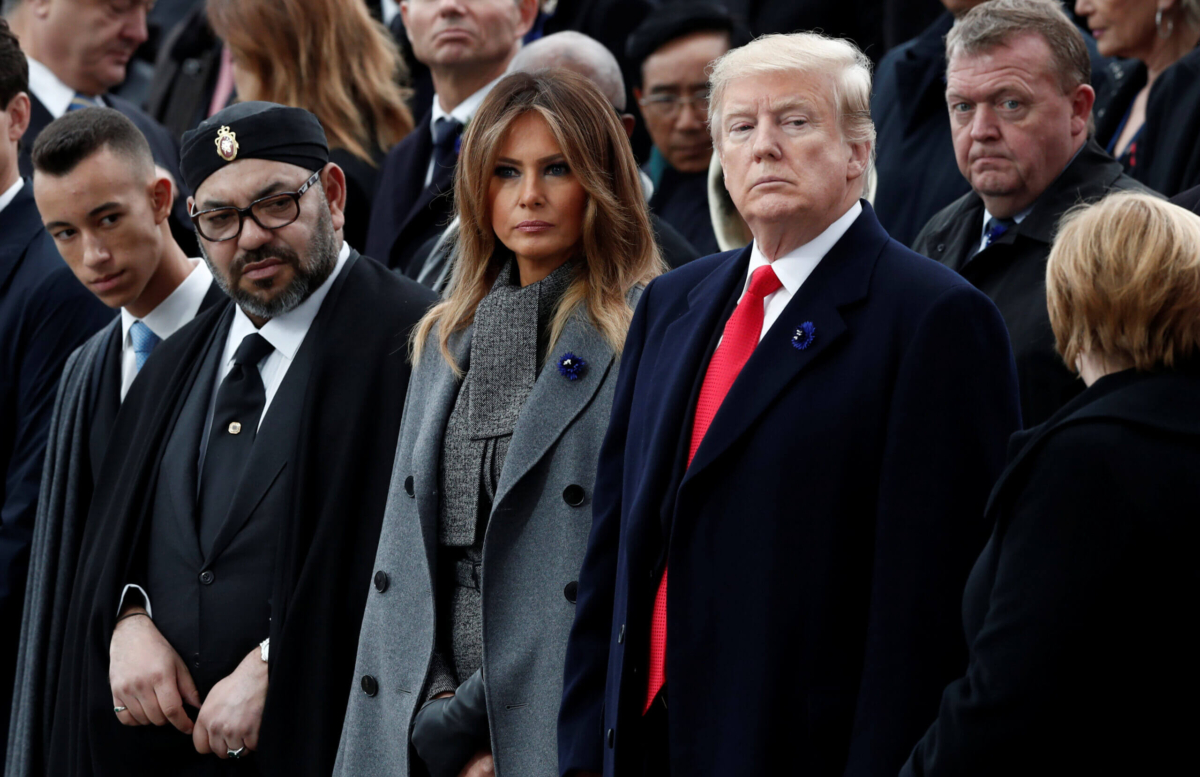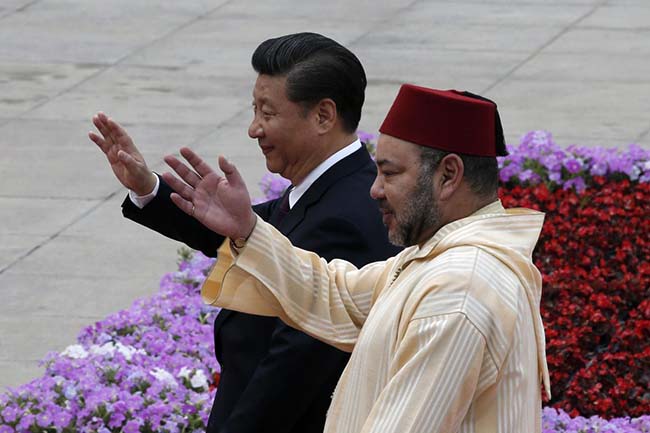The Spanish expert, José Antonio Gurpegui, Professor of American Studies and Director of the Franklin Institute at the University of Alcalá, stated that the return of former U.S. President Donald Trump to the political scene could compel Spain to reconsider its strategies towards Morocco, emphasizing the importance of taking the United States into account when dealing with Rabat.
In remarks to the Spanish newspaper ABC, Gurpegui highlighted that the close relationship between Morocco and the United States is not a recent development but dates back to the 18th century when Morocco was the first country to recognize U.S. independence from Britain.
The Spanish newspaper noted that the U.S. recognition of Morocco’s sovereignty over Western Sahara, announced by Trump in December 2020, marked a significant political shift. This recognition was not merely a symbolic gesture but a strategic move with implications for regional power balances.
The report further mentioned that the Central Intelligence Agency (CIA) reinforced this stance by including a map in its World Factbook showing Western Sahara as part of Moroccan territory, reflecting an official U.S. position of support, though questions remain about its broader significance.
According to ABC, Trump’s December 2020 tweet describing Morocco's autonomy plan for Western Sahara as "the only basis for a just and lasting solution" was a turning point for European positions on the issue. The tweet, the newspaper added, led Spain in March 2022 to support Morocco's autonomy plan, while France went further in July 2024 by stating that autonomy under Moroccan sovereignty is the most suitable framework for a resolution.
Gurpegui affirmed that the United States has consistently played a key role in supporting Morocco. He noted that the 1975 Green March would not have occurred without Washington’s implicit approval, and the 2002 Perejil Island (Leila) crisis also demonstrated the impact of U.S. positions on Moroccan decisions.
The expert suggested that Trump’s return to politics could provide Morocco with renewed momentum to adopt firmer stances on the Sahara issue. This, in turn, might present Spain with additional diplomatic challenges, as Morocco could seek to expand international pressure to bolster support for its sovereignty over Western Sahara.






